The price of Brent Crude oil was hovering at $100 a barrel as Germany halted approval of the controversial Nord Stream 2 gas pipeline from Russia in response to Putin’s latest aggression. The oil price is five times its low point in 2020 — and the name itself, from the now-defunct Brent field in the North Sea, is a reminder of the UK’s energy vulnerability. ‘But only 3 per cent of our gas comes from Russia’ is irrelevant because we pay world prices for oil and gas from Norway, the US and the Gulf — prices driven both by physical constraints and global market sentiment. A cut-off of Russian gas supplied via Ukraine, for example, would directly affect only Slovakia, Austria and Italy, but you can be sure it will notch the prices we pay higher.
What happens next? If Russia halts all other energy supplies to Europe (through Poland, Belarus and Turkey and direct to Germany via the Nord Stream 1 pipeline) it also cuts off half its foreign currency earnings. If Europe temporarily refuses to buy energy from Russia, Germany in particular will have to pray the conflict is very short or scramble for alternative supplies, because as it phases out nuclear and coal, it depends all the more on Russian gas — which is why it’s the wobbliest of western allies.
In truth both those all-out options are highly unlikely. But market panic and short-term supply disruption driven by pipeline politics are very likely indeed. Meanwhile let’s recall that the Brent Crude bellwether peaked at $147 in mid-2008, Goldman Sachs having predicted it might go to $200. So we ain’t seen nothin’ yet in a winter price spike that could supercharge current inflation — and Goldman thinks energy prices could stay high until 2025.
At worst, if past patterns hold, all this could tip a robust economic recovery into downturn or recession. At best, it will accelerate investment in homegrown renewables, push the EU to buy more gas from the US and Qatar and much less from Russia — and eventually bankrupt Putin’s regime. Let’s hope.
List of shame
‘New scandal at Credit Suisse’ carries no more headline impact these days than ‘New Johnson party pictures’. What else could the bank that backed Greensill and paid fines for mis-selling mortgage-backed securities, helping clients evade tax and financing corrupt dealings in Mozambique, then parted company with chairman António Horta-Osório over alleged breaches of Covid quarantine rules, do to blot its battered escutcheon?
This time it’s a leak of 30,000 client names, including a gallery of kleptocrats and villains from Venezuela to Egypt, who have held deposits in the bank in the recent past. If Vladimir Putin isn’t on the list, that may only be because the leak stopped short of P in the alphabet. As I’ve said before, Credit Suisse’s overall record since the 2008 financial crisis is so rocky that I sometimes wonder how and why it survives — or whether, as with our Prime Minister, no new revelation can make matters worse.
But its rebuttal of reports of the leak was feisty: ‘Partial, selective information taken out of context, resulting in tendentious interpretations [while the bank] continues to strengthen its compliance and control framework.’ Downing Street should headhunt the Credit Suisse PR team.
Save the bummarees
In my City days I had cheap suits made by a tailor on a corner of Smithfield General Market — the ornate complex designed by Sir Horace Jones in the 1880s to house much of London’s meat trade, though it also did fish, fruit and vegetables. The dilapidated buildings are currently being revamped as a new site for the London Museum, which will move in 2025 from its charmless modern home half a mile to the east.
There’s no doubt the scheme will make a spectacular visitor attraction. But it’s a shame the last of Smithfield’s meat traders are having to fight a rearguard legal action against the landlord, the City of London Corporation, which wants them to vacate the adjacent Poultry Market and move to Dagenham Dock. There they would join what used to be the Billingsgate and New Spitalfields markets — Covent Garden’s fruit and veg men having gone to Nine Elms long ago. And why should the rest of us regret change that is efficient, keeps trucks out of central London and brings new life to fine buildings?
Here’s my reason: because the modern consumer is so ignorant of the process, trade and logistics that deliver food from farm to table. We know the price of a meal but not the value; we assume supermarket shelves will always be filled, from all over the world. Now they’re often not, it’s a useful reminder of the toil involved to have traditional wholesale markets in our midst — and an occasional glimpse of a leg of beef on the shoulder of a Smithfield bummaree.
Economics made funny
You may feel you’ve read sufficient tributes to the great American satirist P.J. O’Rourke who died recently; even his ghost may feel that too. But let me add a parting plug for Eat the Rich, his 1998 search for answers to the question: ‘Why are some places wealthy and other places poor?’ As an economics textbook it’s probably the funniest ever written, though there have never been many contenders for that prize. Searching the globe for parables of good and bad capitalism, the author learns ‘how to make nothing out of everything’ — in socialist Tanzania under Julius Nyerere — and ‘how to make everything out of nothing’ in hard-scrabble Hong Kong under the laissez-faire regime of 1960s financial secretary Sir John Cowperthwaite, a hero of this column whom O’Rourke called ‘a master of simplicities’.
The same tag could be applied to O’Rourke himself — and in that spirit I invite you to debate, over your Sunday lunch table, these five words from Eat the Rich: ‘Government does not cause affluence.’
Got something to add? Join the discussion and comment below.
Get 10 issues for just $10
Subscribe to The Spectator Australia today for the next 10 magazine issues, plus full online access, for just $10.
You might disagree with half of it, but you’ll enjoy reading all of it. Try your first month for free, then just $2 a week for the remainder of your first year.


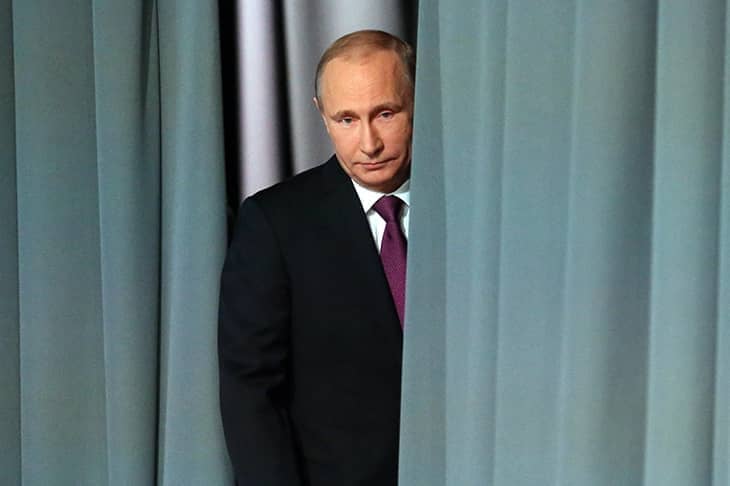
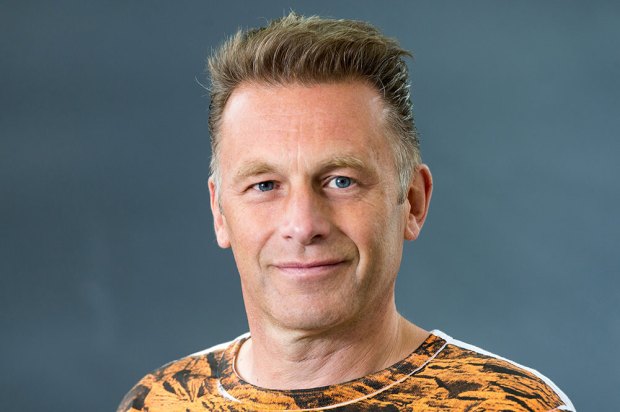
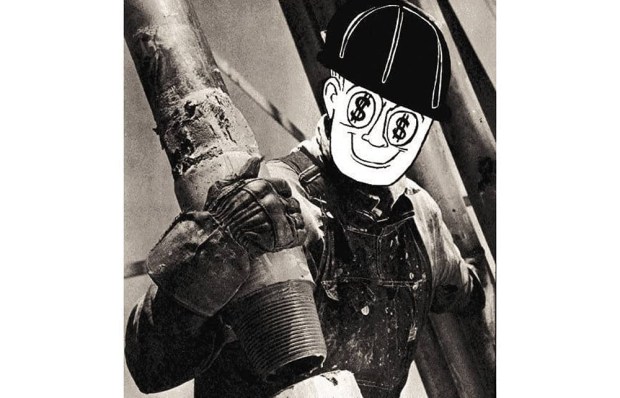
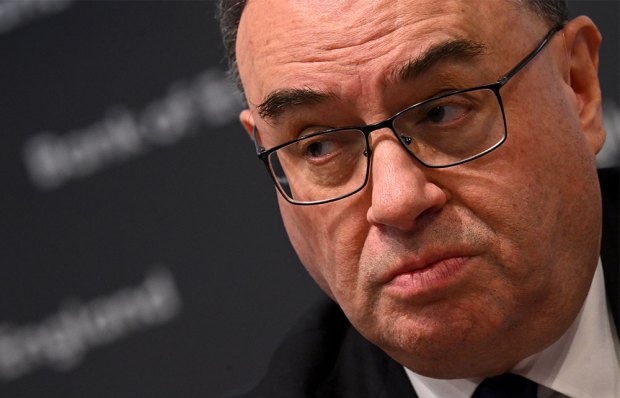
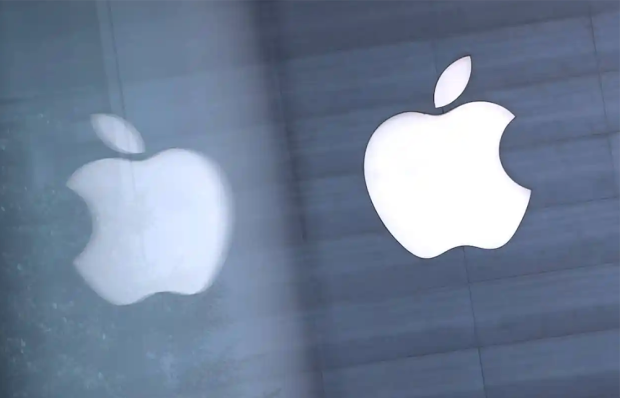








Comments
Don't miss out
Join the conversation with other Spectator Australia readers. Subscribe to leave a comment.
SUBSCRIBEAlready a subscriber? Log in